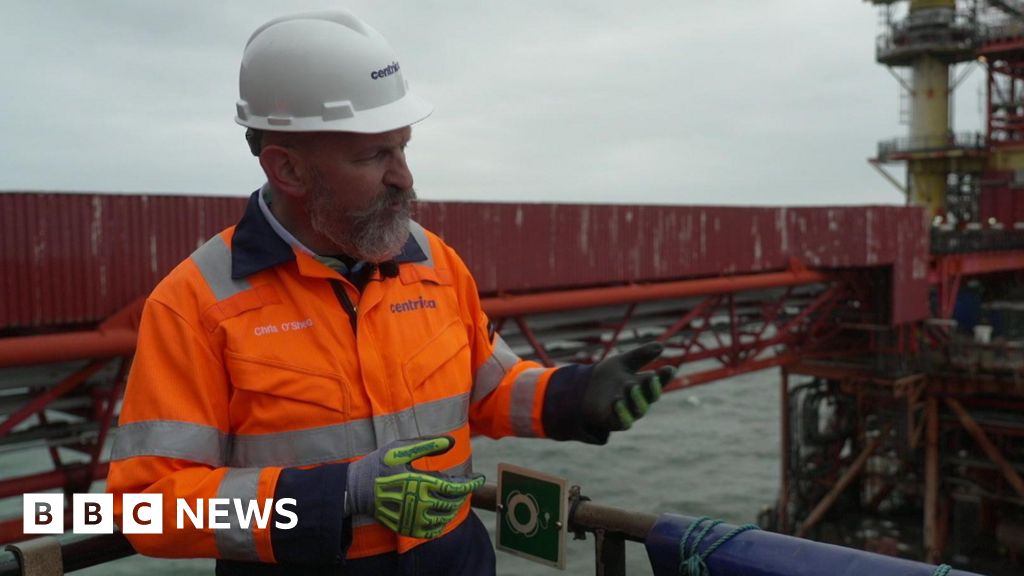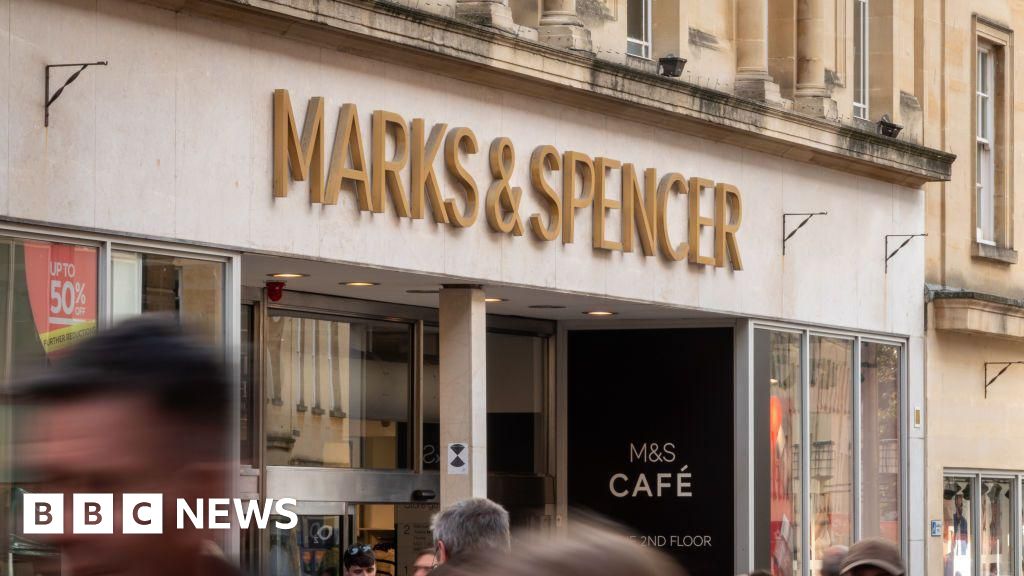ARTICLE AD BOX
 Image source, Getty Images
Image source, Getty Images
Households face paying extra on energy bills to cover customers' bad debts under plans by the industry regulator.
Ofgem is proposing lifting the energy price cap by £16 between April next year and March 2025.
It estimates that debt levels for energy customers has risen to £2.9bn.
Last month, Ofgem announced it would raise the energy price cap, which limits the amount that companies can charge per unit of gas and electricity, from January.
It means the typical household will pay £1,928 a year for gas and electricity, up from the current £1,834 for a dual-fuel home.
On Friday, Ofgem said: "We understand the distress that rising debt in energy has on people."
But it added: "Rising debt levels create costs for suppliers."
Charities have warned that millions of people are having to borrow money to pay essential bills at Christmas, with energy costs a key concern.
Citizens Advice said it was seeing more people falling behind on energy bills as winter began.
But Ofgem has said in the past that if it did not implement an increase to cover bad debts, customers could end up paying more in the long run.
In 2021, wholesale energy prices soared resulting in around 30 companies going out of business.
This led to every energy customer being charged an extra £82 to cover the costs of making sure that households were not cut off.
Ofgem has opened a consultation on its proposal to increase bills by £16 a year with a deadline of 17 January for suppliers and consumers to submit responses.
What can I do if I can't afford my energy bill?
- Check your direct debit: Your monthly payment is based on your estimated energy use for the year. Your supplier can reduce your bill if your actual use is less than the estimation.
- Pay what you can: If you can't meet your direct debit or quarterly payments, ask your supplier for an "able to pay plan" based on what you can afford.
- Claim what you are entitled to: Check you are claiming all the benefits you can. The independent MoneyHelper website has a useful guide.

 1 year ago
30
1 year ago
30








 English (US) ·
English (US) ·